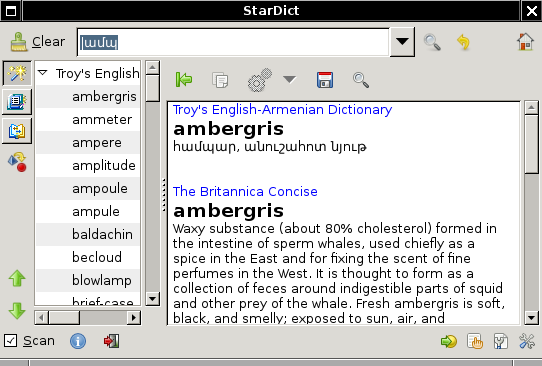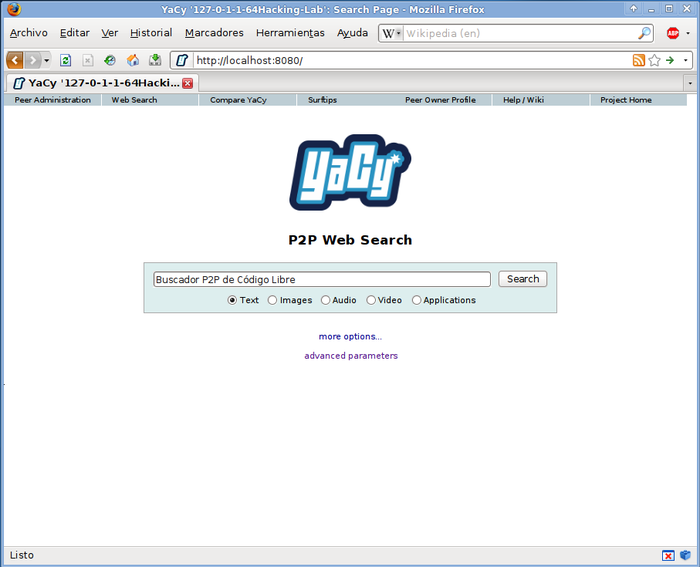Probably, my main problem with many saas services, including facebook, is that they quietly substitute ideas of technology with exact services. The verb “to google” is a perfect example, because we all know that web search is not limited to google.
Companies like facebook and twitter avoid using standard technologies, so that people think of services provided by company, forgetting that Internet is a network, and it’s about technologies, not companies. It’s a space where anyone can create a service, by using common underlying and free for all technologies.
That’s why saas avoids usage of rss, for example. That’s why there is a question “what’s your name on skype?” instead of “what’s your chat id?”, as we do with email.
#Internet #saas #web #facebook #technology #rss #email #smtp #jabber #xmpp #google #search #twitter #technologies #service #skype #chat #email #decentralization #freedom

փաստօրէն, ստարդիկտը ունի ռեվերս փնտրելու հնարաւորութիւն։ it turned out, stardict has reverse (full text) search feature.
#փաստորեն #բառարան #ստարդիկտ #ռեվերս #որոնում #stardict #dictionary #reverse #search #full-text #feature

http://en.wikipedia.org/wiki/YaCy YaCy (read “ya see”) is a free #distributed #search #engine, built on principles of #peer-to-peer (#P2P) networks.[2][3] Its core is a computer program written in #Java distributed on several hundred computers, as of September 2006, so-called YaCy-peers. Each YaCy-peer independently crawls through the Internet, analyzes and indexes found web pages, and stores indexing results in a common database (so called index) which is shared with other YaCy-peers using principles of #P2P networks. #search-engine